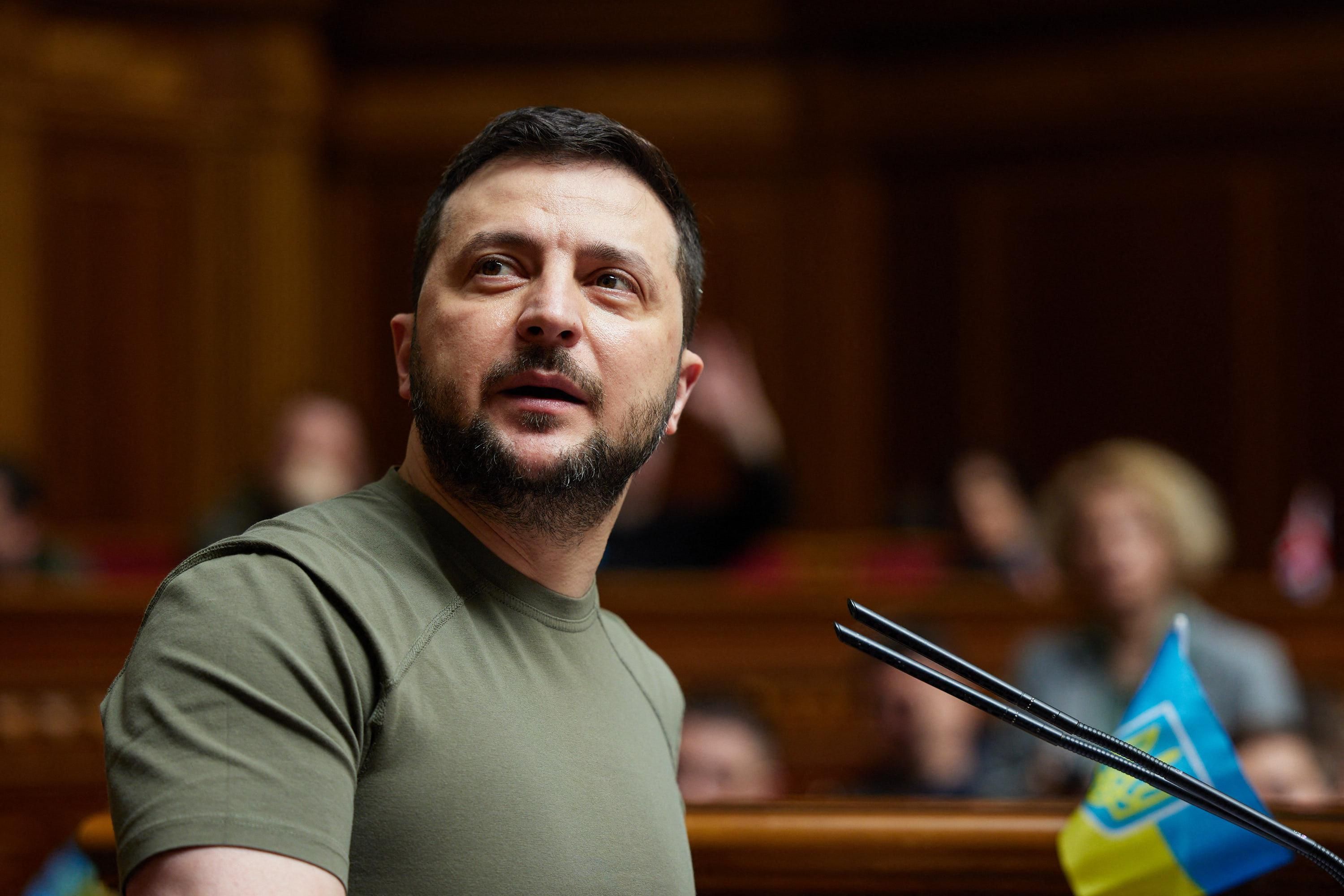Zelensky ties Odesa’s fate to global food crisis
Ukrainian President Volodymyr Zelensky on Tuesday urged the world to help break a Russian blockade on the Black Sea port of Odesa, which he said is contributing to a global food crisis. He has a point: the war has all but eliminated Ukraine’s massive exports of wheat and cooking oils, most of which leave through Odesa. At the same time, Western sanctions and local export restrictions have decreased Russia’s own sizable exports of grain, oils, and fertilizers. All of this has driven global food prices to record highs, stoking political unrest in places like Indonesia, Pakistan, and Sri Lanka, while also threatening to push as many as 44 million more people into famine around the globe this year. Zelensky’s appeal came as Russia intensified its aerial attacks on Odesa. If Russia is able to take the strategic port, the way would be clear for it to continue westward to the Moldovan border, landlocking Ukraine entirely.
South Korea’s tough new foreign policy
Yoon Suk Yeol, who became South Korea’s president on Tuesday, has a lot on his plate and is facing two major obstacles: the lowest-ever initial approval rating (51.4%) of any incoming South Korean president and a center-left opposition that holds a majority in the National Assembly. For both reasons, the conservative leader will face pushback on a domestic agenda centered on tax cuts and regulation rollbacks, but his get-tough foreign policy will likely make headlines. Yoon makes no secret of his desire to strengthen relations with Washington, and when Joe Biden visits Seoul later this month, the two leaders will likely spend most of their time discussing North Korea and China. The new president has called for larger and more frequent joint military exercises that will anger both Beijing and Pyongyang. With North Korea preparing more missile tests, Yoon also wants more sophisticated American weapons deployed in his country, maybe including another Thermal High Altitude Area Defense (THAAD) system, the hyper-controversial “hitting a bullet with a bullet” missile defense system that created a crisis in relations with China five years ago.
Charles delivers Queen’s Speech
The Queen’s speech to open the British parliament took place on Tuesday, but Elizabeth II was nowhere in sight. Instead, citing mobility issues, she invoked special powers to have Prince Charles fill in for her. He delivered a government-written speech that laid out PM Boris Johnson’s aims for bolstering Britain’s economic growth. There were no major surprises, and according to Labour Party leader Keir Starmer, no new ideas. The chatter, however, was more about the symbolism of Charles’s first time presiding over the House of Lords and his eventual ascension to the throne. The queen has offered no indication that she plans to step aside anytime soon. The measure allowing Charles to address parliament on Tuesday was temporary, and the queen has demonstrated that she’s accustomed to remote pandemic working life: she regularly meets virtually with dignitaries. Still, the Prince of Wales’ speech reminds us that the queen’s reign, which began with Churchill at Downing Street, Truman in the White House, and Stalin in the Kremlin, can’t continue forever.More For You
After the US captures Nicolás Maduro, is Venezuela headed for stability, or chaos? Ian Bremmer talks to Senator Ruben Gallego and Frank Fukuyama about what comes next.
Most Popular
Think you know what's going on around the world? Here's your chance to prove it.
